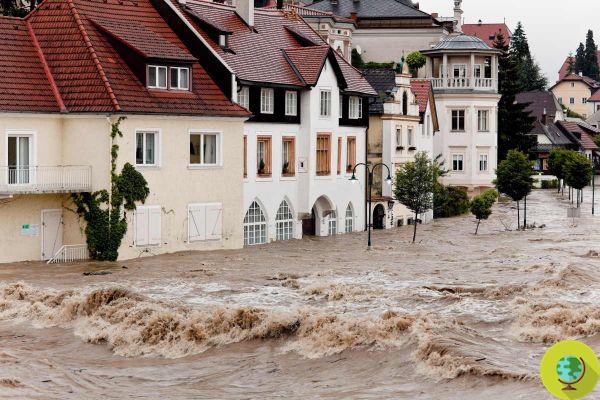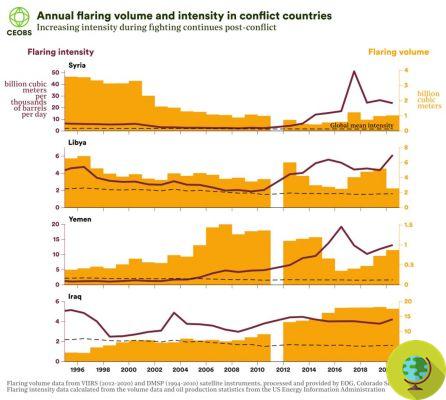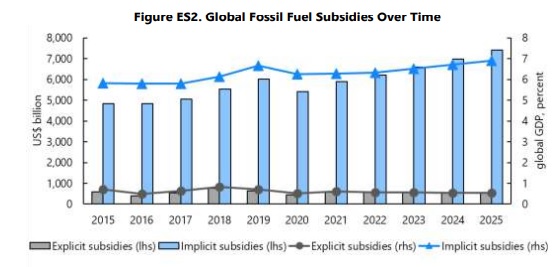Due to the extreme drought, many Californian farmers are cutting down entire almond orchards, resulting in very heavy consequences.
Under the heavy blows of drought and the lack of water for irrigation, many farmers have been forced to sacrifice the crops most in need of water - with impressive consequences also from a visual point of view. The demand for almonds is higher than ever, but their cultivation is at risk
Whole rows of plants lie stretched out on the ground on dry ground, exhausted by the heat and lack of water, with withered roots and yellowed leaves. The picture is truly shocking: there are so many felled trees that it is impossible to try to imagine the number. But, above all, it is impossible to imagine that until a few years earlier these trees were full of life and provided a valuable contribution to the local economy.
We are Snelling, in California, where until now there was a long tradition of growing almonds and hazelnuts. Unfortunately, however, the climate crisis is starting to be felt here too: the entire area has been hit by an incredible period of drought, with the driest month of May in the last 127 years (according to estimates by the National Oceanic and Atmospheric Administration, classifies the entire county in an 'extreme drought' situation).
This incredibly dry period, in which water is too precious a resource to be used in crops, some farmers have decided to put an end to the agony of so many trees by cutting them down. Incidentally, the process is taking place at a very rapid pace, with up to 15 acres of orchard being destroyed per day - thousands of trees dying every day.

Credits: National Integrated Drought Information System
This isn't the first time California almond growers have sacrificed these thirsty trees due to drought. Already in 2014, for example, many local farmers were forced to cut down hundreds of trees because finding water to support their growth had become impossible. Almond trees are among the trees most in need of water in the world, absorbing up to 150 ml of water every month in summer; moreover, by voraciously absorbing water during periods of drought, these plants can also get damaged (absorbing liquids from very dry soil, in fact, can cause embolisms and even cause the death of the plants themselves).
(Read also: The climate crisis will affect coffee and chocolate supplies in Europe)
To try to cope with the dramatic situation, the California government has established new guidelines on the controlled consumption of water resources for agricultural purposes to avoid waste - but these provisions will only go into effect from 2040. Meanwhile, local farmers are left. to themselves: rebuilding an orchard after a period of drought often involves a long period in which fields are left fallow before they can accommodate the trees again, and requires new and expensive equipment - with very heavy economic consequences.
View this post on Instagram
A post shared by Justin Sullivan (@sullyfoto)
According to research by UC Davis and UC Agricultural and Natural Resources (funded by the Almond Board of California),…
Posted by H.M. Holloway on Thursday, July 8, 2021
California farmers destroying their drought devastated almond trees.
Posted by Jennifer Lomax on Saturday, June 5, 2021
Posted by Alison Johnson Rhodes on Wednesday, June 23, 2021
Fonti: Almond Board of California / University of California / National Integrated Information System
We also recommend:
- "A scourge of the Earth": swarms of grasshoppers engulf the western United States after heat waves and drought
- Solid rain: from Mexico the solution against drought? (VIDEO)

























